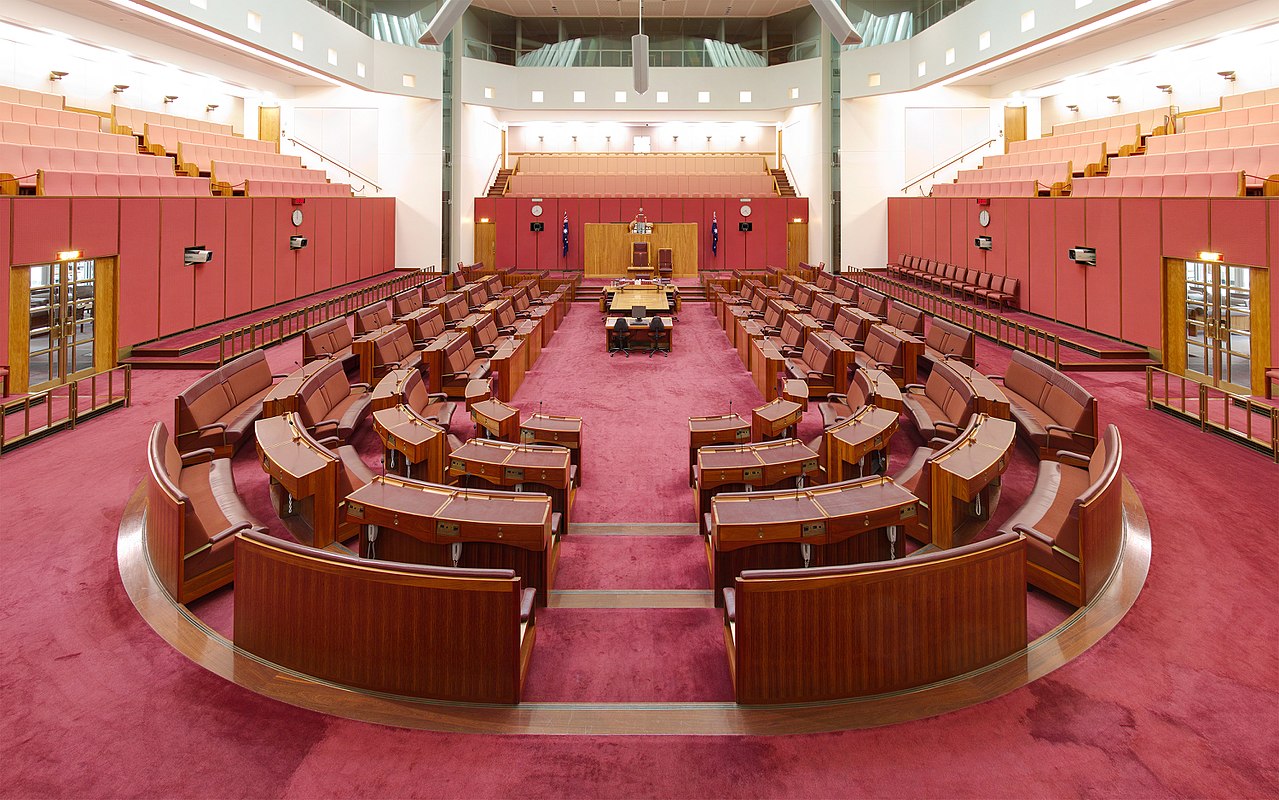The official Yes case opens with the following statement:
“Vote Yes for a better future for Aboriginal and Torres Strait Islander people and all Australians.
“Vote Yes for unity, hope and to make a positive difference.”
Conversely, the No case begins as such:
“This Referendum is not simply about “recognition”. This Voice proposal goes much further. If passed, it would represent the biggest change to our Constitution in our history. It is legally risky, with unknown consequences. It would be divisive and permanent.
“If you don’t know, vote no.”
The pamphlets, which will cost approximately $10 million to print and distribute, have not been fact-checked, despite calls for an independent review.
This has already proven to be a problem for constitutional lawyer Greg Craven, who expressed outrage that his comments were taken out of context and used to support the No position, contrary to his own views.
“I have made it clear that if the words go ahead I will be contacting the Australian Electoral Commission,” said Craven.
He explained that the comments cited by the No case were taken from statements he made during the drafting of the Voice proposal, and declared that he was “100 per cent committed” to the Yes position.
Some criticised Craven for not exercising more caution in anticipation of his comments being taken out of context.
“I’m perfectly happy to have technical legal discussions, but as a matter of duty as a constitutional lawyer, my first duty was to support something that I believed was just — I did that,” said Craven in response to the criticism.
“My second duty was to try and get it drafted as well as I could — I did that.
“And once I lost on the drafting, what one naturally does is one reverts to the fundamental idea.”
Independent senator Lidia Thorpe, who left the Greens party earlier this year due to conflicting positions on the Voice, levelled criticism at both cases.
Thorpe previously expressed her decision to formally back to the No case for the Voice to parliament on the basis that the Voice would not adequately reflect the needs of the communities it purported to represented.
Speaking about the newly-released pamphlets, she called the Yes case “shameful” for its failure to respond to key Indigenous rights issues such as deaths in custody and the removal of children from families, and accused the No campaign of fear-mongering and emboldening racists.
“I didn’t think I could read something on the AEC website with even less substance than the Yes case, but then I read the No case,” said Thorpe.
The official date for the Voice vote is yet to be announced, but Prime Minister Anthony Albanese has said it will take place between October and December.






